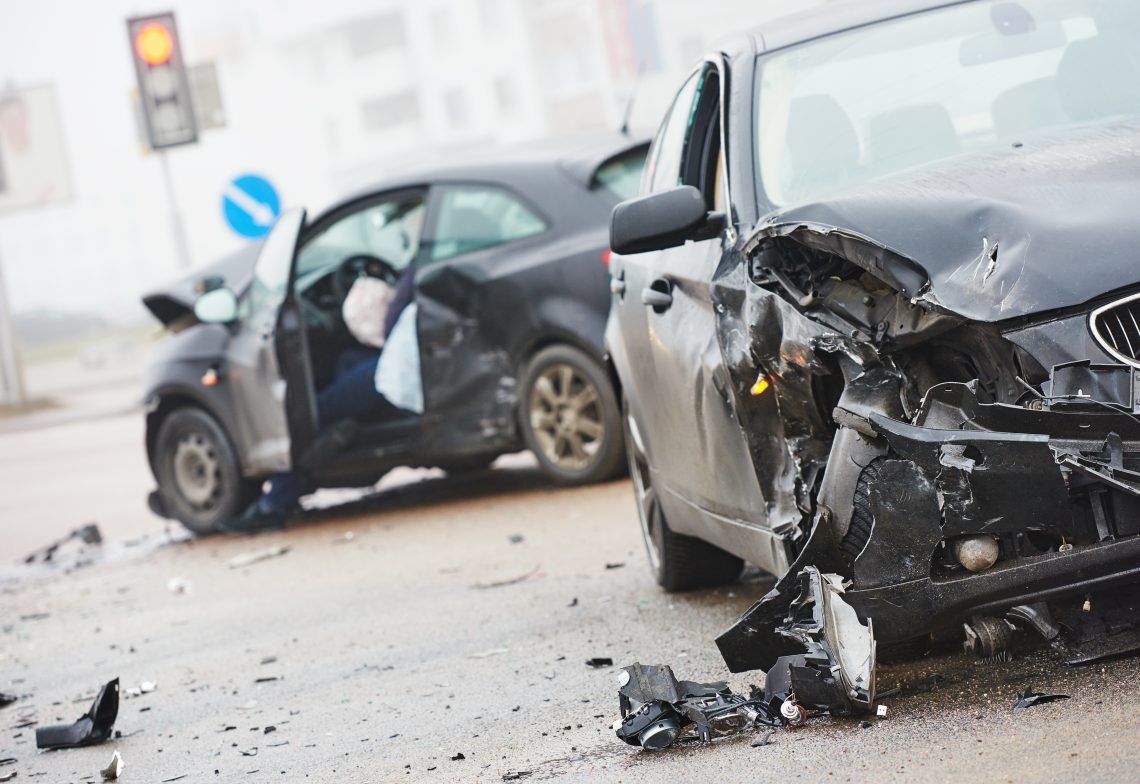Are You Liable for Car Crash Injuries if You Lend Someone Your Car?
There are many amazing things about living in or visiting Southern California. San Diego’s Zoo, Orange County’s beaches, Los Angeles’s entertainment industry, Ventura County’s surf, just to name a few. Connecting all these amazing places are Southern California’s interstates, highways, and scenic routes. Indeed, many roads in Southern California have been given their own monikers – “the 5”, “the 101”, “the “405”, “the PCH”, etc. Unfortunately, due to the high volumes of traffic, there are many car wrecks, motorcycle crashes, and bicycle accidents in Southern California each day.
Generally speaking, a person who owns a vehicle is the person who drives it most often. It is commonly known that California law requires vehicle owners to maintain an auto insurance liability policy before he or she drives. (Cal. Vehicle Code section 16056; 17051(b).) Thus, when an owner of a vehicle negligently or intentionally causes a vehicle crash, the injured person will have an insurance policy from which to seek compensation.
However, what happens if the owner of a vehicle permits a friend, family member, colleague, or any other person to drive the owner’s vehicle. Is the vehicle owner liable to the injured person for the injury caused by another? The short answer is yes.
California has a long-standing “permissive use statute”. The permissive use statute makes the owner of a motor vehicle vicariously liable for the death or injury to a person resulting from the wrongful operation of the vehicle by another person using it with the owner’s permission. (Cal. Vehicle Code section 17150.) This rule applies when the vehicle-borrowing driver negligently or intentionally causes the injury. (Id.) Further, vicarious liability extends either when the owner’s permission to use the vehicle is express or implied. (Id.) Indeed, the permissive use statute serves a long-standing public policy goal of protecting innocent third parties from injuries at the hands of careless drivers. (Burgess v. Cahill (1945) 26 Cd 320.)
California’s permissive use statute may be best understood through an example. Imagine a family of three living in Los Angeles – a father (“Father”), a mother, and a seventeen-year-old son (“Son”). The Father owns a new car and the Son, who recently received his license, wants to take it out for a spin. The Father gives the Son the keys to the car and tells the Son that the Son can drive it to Hollywood and back. The Son sets out for Hollywood but negligently strikes a motorcyclist (“Motorcyclist”) on Santa Monica Boulevard. The Motorcyclist is thrown to the pavement and is injured. Pursuant to California’s permissive use statute, the Motorcyclist may bring a claim against the Father for the injuries the Motorcyclist sustained. Of course, the injured Motorcyclist will need to prove all elements of the permissive use statute:
- The driver was negligent in operating the vehicle;
- The defendant was the owner of the vehicle at the time of the injury to the injured; and
- The defendant, by words or conduct, gave permission to the driver (Son) to use the vehicle.
(Judicial Council of California Jury Instruction 720)
Going back to the example, there is a good chance the Motorcyclist will be able to succeed in his claim against the Father. First, the Son was negligent in operating the car. Second, the Father owned the car. Third, the Father expressly gave the Son permission to drive to Hollywood.
However, the permissive statute is not absolute. For example, an injured third party cannot sue a rental car company under California’s permissive use statute. (49 USC section 30106 [As established by federal law].) Similarly, the permissive use statute does not create unlimited vicarious liability for the owner. For example, permissive use liability cannot exceed $15,000 per injury, $30,000 per occurrence, and $5,000 for property damage. (Cal. Vehicle Code section 17151; 17155.)
Of course, the permissive use statute does not limit liability to only the owner of the vehicle. The injured person will also have recourse against the negligent driver. Therefore, the Son would likely be liable as well. Luckily for the Motorcyclist, in California, a vehicle owner’s liability insurance policy is required to cover any person who uses the vehicle with the “named insured’s permission, express or implied, and within the scope of that permission.” (Cal. Ins. Code section 11580.1 [Essentially make the vehicle borrower a named insured].)
As discussed, there are numerous vehicle crashes in Los Angeles, San Diego, Orange County, and Ventura County each day. Sometimes, these crashes are caused by a driver who is not the owner of the vehicle but is driving the vehicle with the permission of the vehicle owner. If you or a loved one is injured in such a crash, the injured person may be able to bring a claim against both the negligent driver and the owner of the vehicle.
The attorneys at MKP Law Group have years of experience representing persons injured in vehicle crashes, including crashes caused by permissive-use drivers. Contact MKP Law Group for your free consultation today.


